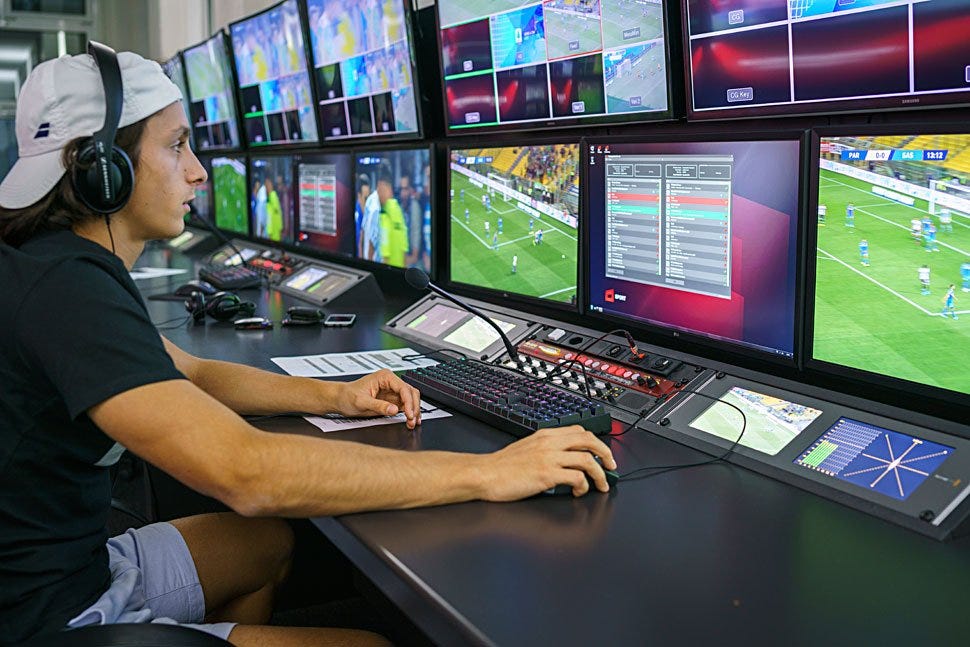The world of sports technology is constantly transforming, with new innovations being made every year. From digital transformation, various technologies are being explored in the sports industry to improve performance, boost fan engagement, and increase revenue. In this article, we will discuss some of the developing trends and technologies that could shape the future of sports and anticipate the next big thing in sports technology.
One area that is receiving significant interest is body sensors. Fitness technology, such as performance monitors, has been heavily used by athletes and fitness enthusiasts to record their performance and monitor their wellness. However, the next generation of body sensors will take this technology to the next level with enhanced biometric sensors that can record health metrics and identify injuries and provide immediate feedback to athletes. This technology has the potential to revolutionize the way athletes compete, allowing them to make data-driven decisions and gain a favorable edge.
Another area that is seeing significant progress is artificial intelligence. Machine learning is being applied in various sports, including football, to analyze player performance, predict game outcomes and provide individualized coaching. For example, an AI-powered system can assess a player’s weakness to propose personalized coaching plans and provide instant feedback during games. This technology has the potential to transform coaching and team management, allowing teams to make informed decisions and gain a favorable edge.
The use of augmented reality (vr|virtual reality) is also receiving interest in the sports industry. Vr technology is being utilized to improve fan engagement, increase player practice and provide immersive experiences. For example, vr can allow fans to enjoy games from a first-person perspective, while ar can provide immediate evaluation and feedback to players. This technology has the potential to renew the way we participate sports, allowing fans to engage with games in new and innovative ways.
The connected devices is also playing a significant role in the sports industry. iot devices are being applied to monitor player and 스포츠중계 ball movement, providing real-time data to coaches, trainers and analysts. This technology has the capability to transform sports analytics, allowing teams to make informed decisions and gain a advantageous edge.
Finally, the use of next-generation networks is expected to have a significant effect on the sports industry. With faster speeds and lower latency, 5G networks will allow for seamless video streaming, instant updates and real-time assessment. This technology has the capability to renew fan engagement, allowing fans to participate high-quality content and engage with games in real-time.
In review, the sports technology industry is rapidly transforming, with new advancements and breakthroughs being made every year. While it is challenging to forecast the next big thing, some of the emerging trends and technologies that have the potential to shape the future of sports include wearables, Data, Vr, iot, and 5G networks. As these technologies continue to transform and mature, we can predict to see significant advancements in the way athletes practice and engage with sports.
 The world of sports has undergone a tremendous transformation in recent years, with technology playing an increasingly prominent role in the industry. From athlete tracking devices and virtual reality training simulations to smart stadiums and social media platforms, the symbiotic relationship between sports and technology has given rise to new opportunities, challenges, and innovations.
The world of sports has undergone a tremendous transformation in recent years, with technology playing an increasingly prominent role in the industry. From athlete tracking devices and virtual reality training simulations to smart stadiums and social media platforms, the symbiotic relationship between sports and technology has given rise to new opportunities, challenges, and innovations.


